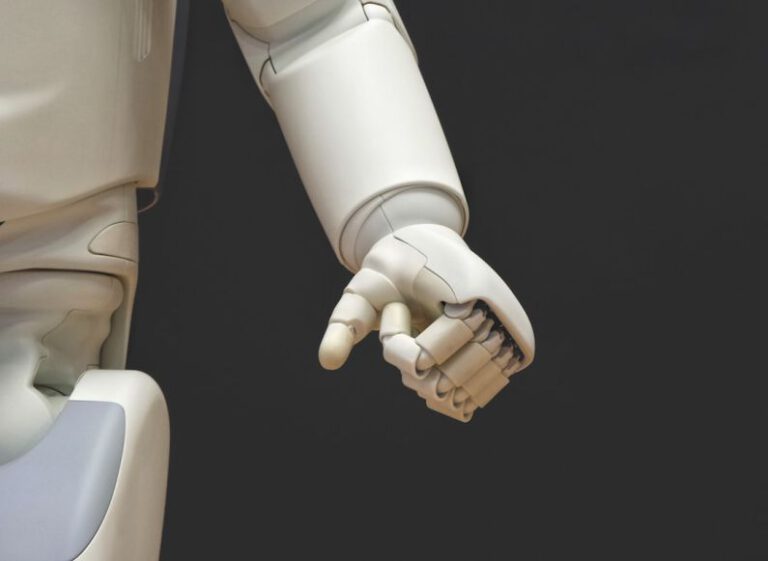Robots in Agriculture: the New Farmhands
Innovations in Agriculture: Robots Revolutionizing Farming
Agriculture has been at the core of human survival and development for millennia, providing food, fuel, and fibers essential for our existence. As technology continues to advance, the agricultural industry is experiencing a significant transformation with the integration of robots as the new farmhands. These intelligent machines are revolutionizing farming practices, offering efficiency, precision, and sustainability like never before. Let’s delve into the world of robots in agriculture and explore how they are reshaping the future of farming.
Enhancing Efficiency in Farm Operations
Robots are proving to be invaluable assets in enhancing efficiency in various farm operations. With their ability to work tirelessly around the clock, robots are streamlining tasks such as planting, weeding, watering, and harvesting, which traditionally required significant human labor. By automating these labor-intensive processes, farmers can save time and resources while increasing productivity on their farms.
Precision Farming with Robotic Technology
One of the key advantages of robots in agriculture is their precision farming capabilities. These machines are equipped with advanced sensors and artificial intelligence algorithms that enable them to gather real-time data on soil conditions, crop health, and weather patterns. By analyzing this data, robots can make informed decisions on the optimal amount of water, fertilizers, and pesticides to apply, resulting in improved crop yields and reduced environmental impact.
Weeding Out the Competition
Weeding is a crucial task in farming, as invasive plants can compete with crops for nutrients and sunlight, reducing overall yields. Robots are now being deployed to autonomously identify and remove weeds using sophisticated imaging systems and robotic arms equipped with tools for precise weed removal. By targeting weeds directly and sparing crops from unnecessary herbicide exposure, robots are helping farmers minimize chemical usage and cultivate healthier, more sustainable crops.
Harvesting the Benefits of Robotic Harvesters
Harvesting is a labor-intensive and time-sensitive process that often requires a large workforce during peak seasons. Robotic harvesters are changing the game by autonomously picking fruits, vegetables, and other crops with speed and precision. These machines are equipped with advanced computer vision systems that can identify ripe produce, assess its quality, and safely harvest it without damaging the crop or surrounding plants. By reducing the reliance on manual labor for harvesting, farmers can address labor shortages and improve the efficiency of their operations.
Navigating the Fields with Autonomous Tractors
Autonomous tractors are another innovative application of robotics in agriculture that is revolutionizing field operations. These self-driving machines can plow, plant, and cultivate fields with precision, thanks to GPS technology and onboard sensors that enable them to navigate autonomously. By following pre-programmed routes and adjusting their operations based on real-time data, autonomous tractors can optimize field work, reduce fuel consumption, and minimize soil compaction, leading to healthier soils and improved crop yields.
Sowing the Seeds of Sustainability
In addition to enhancing efficiency and productivity, robots in agriculture are also sowing the seeds of sustainability. By enabling precision farming practices, reducing chemical usage, and minimizing environmental impact, robots are helping farmers adopt more sustainable and eco-friendly farming methods. From conserving water and soil to reducing carbon emissions and waste, robots are playing a vital role in promoting sustainable agriculture for a greener future.
Cultivating the Future of Farming
As robots continue to revolutionize agriculture, the future of farming is looking brighter than ever. With their ability to enhance efficiency, precision, and sustainability in farm operations, robots are reshaping the way we grow, harvest, and produce food. By embracing these intelligent machines as valuable farmhands, farmers can unlock new opportunities, overcome challenges, and pave the way for a more innovative and sustainable agricultural industry. Robots are not just the future of farming – they are the present, working alongside humans to cultivate a better world for generations to come.






